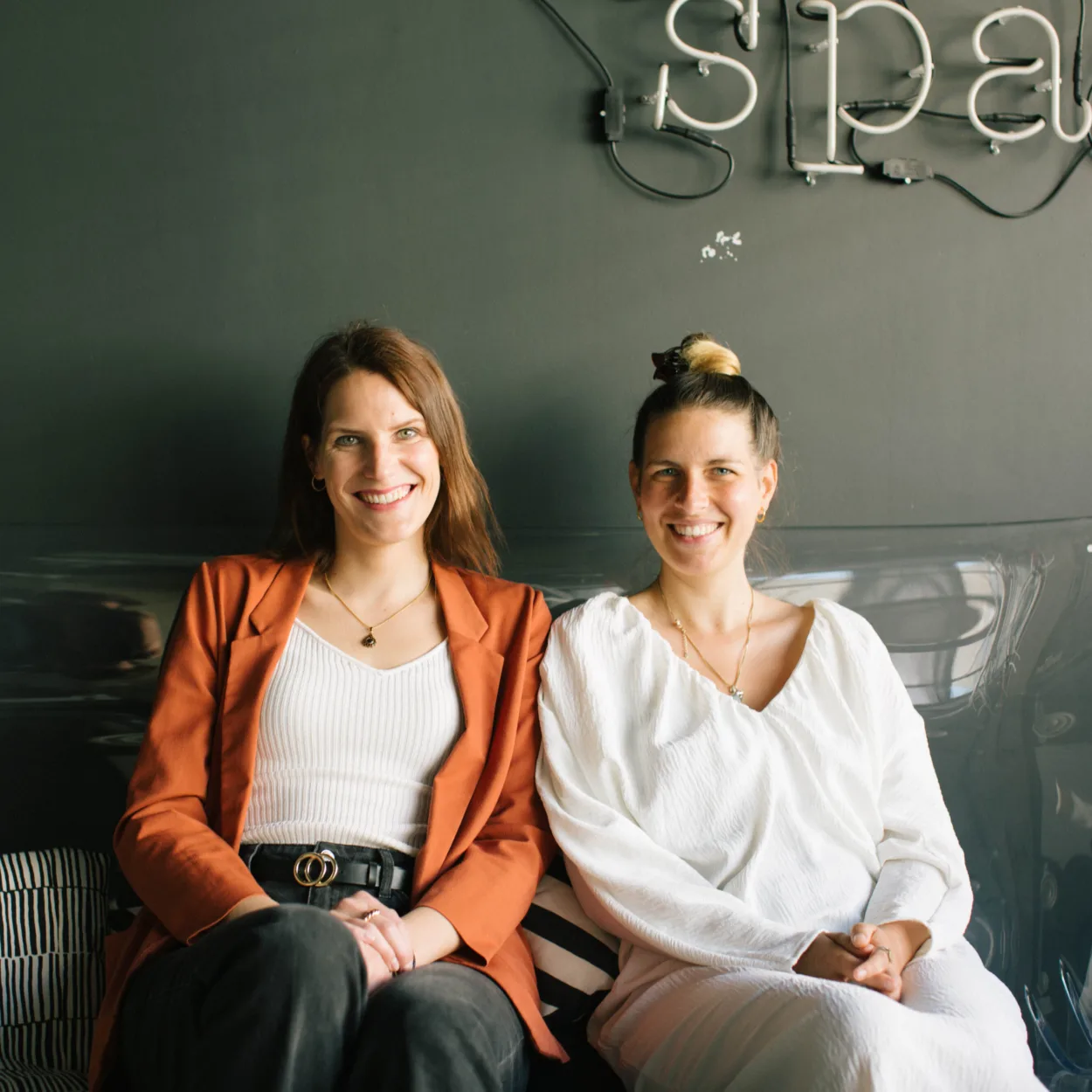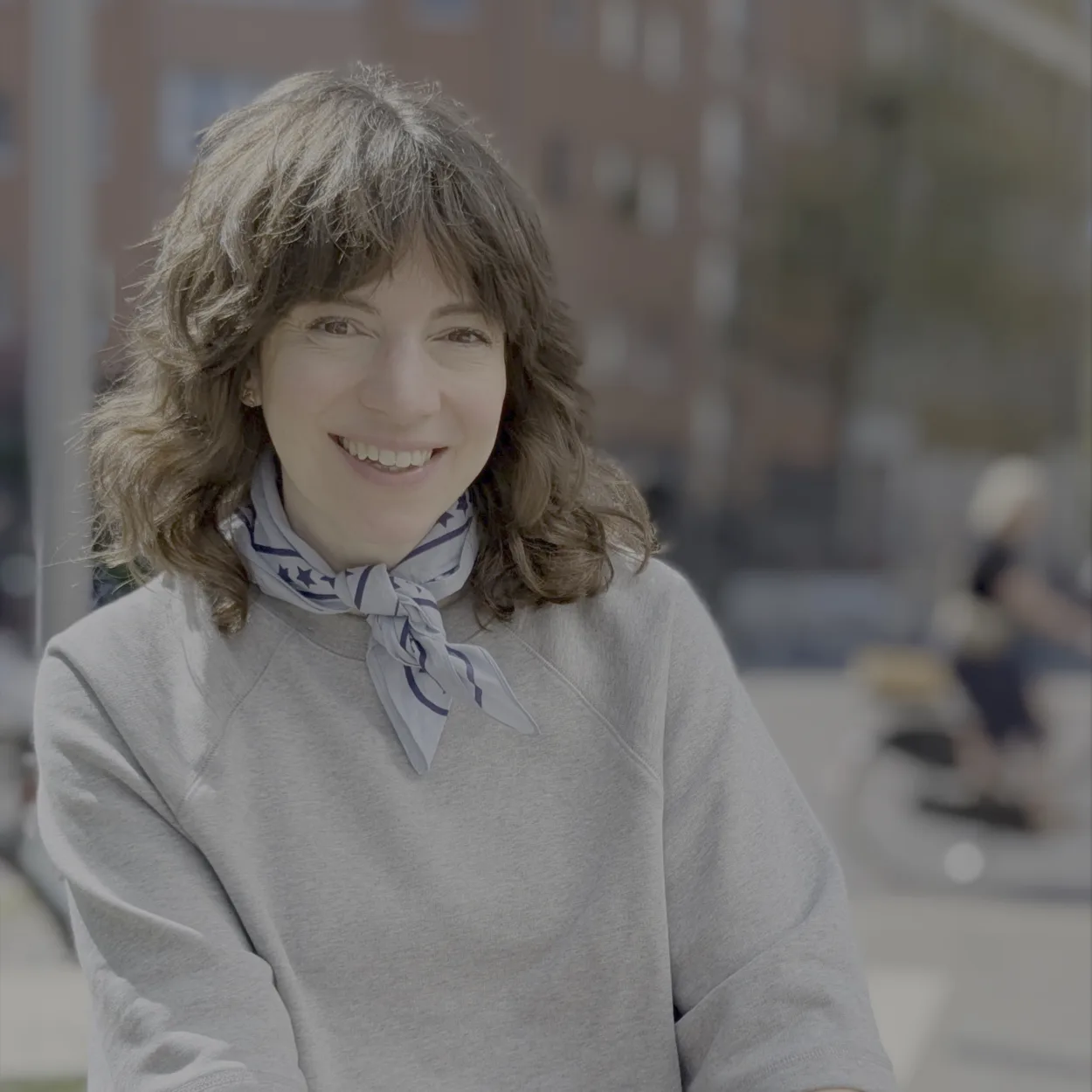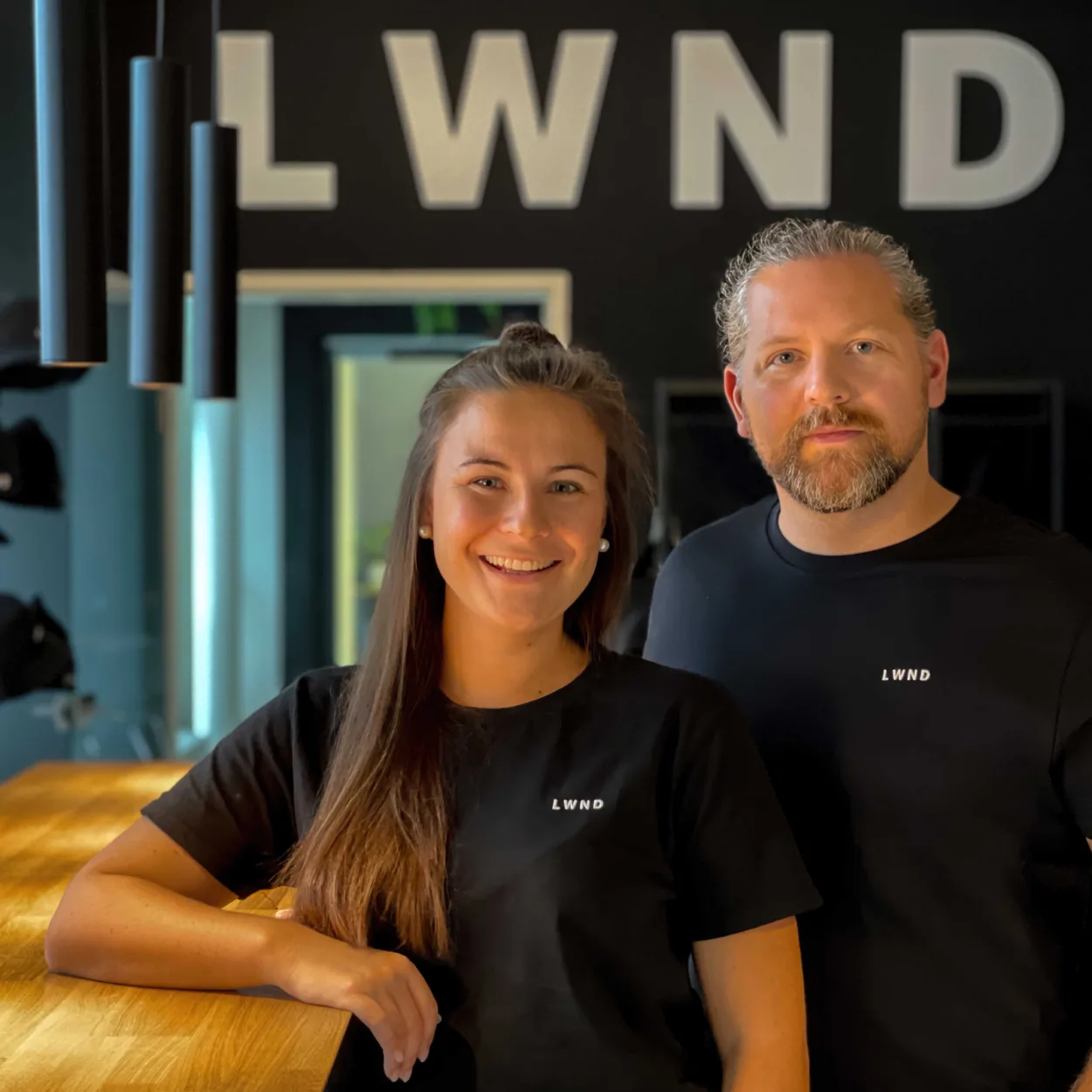„Brands, we want to love you, but you should be willing to love us back.“
Tough love.
When you’re a young professional living in rented flats, major customizations are always discouraged. “Don’t do anything drastic to your apartment because you’ll have to return it as it was!”, people said. But I was a millennial on an uprising career, living far from home, and in a serious relationship with consumerism, so I was really needing to express my identity on platforms that would go beyond my wardrobe. Then I met them.
I’ll never forget the first time I saw this brand. They would make extremely original furniture in beautiful colors. A spicy mixture of NYC and Copenhagen, with a pinch of Pedro Almodóvar and fresh Brazilian juice. The tone of voice was perfect. Every banner, every product description, and even the e-mails – it just felt like we had known each other for ages. And It does get better: it was deliciously affordable.
I knew that was my furniture brand for life. Period. It’s such a relief to know that whenever I need a piece of furniture or decoration, I can go straight there and come back with something that 1) I love, 2) matches my decoration, and 3) I can afford. For the ones reading this and rolling their eyes up, I must warn you: a love brand has the underrated superpower of lowering our mental load. This is priceless, especially considering the fact each one of us is making 35,000 remotely conscious decisions every single day.
Chairs, click, boom. Six colorful seats for my dining table. Posted on social media and told everyone about it. The unboxing was a little chaotic because the chairs arrived on different days, but still, I was happy. A few weeks later, my 2yo daughter shows up with some screws on her tiny hands. Although she was pretty advanced for her age, I couldn’t picture her unassembling our furniture with a Fischer Price tool kit. The backrest of the chairs was simply falling apart. By that time, I had not only broken furniture, but also a broken heart.
After a series of disastrous interactions with their Customer Service, the products were exchanged. Time passed by, and look at those lamps! And side bed tables! Click, boom. We were good. They promised me it would never happen again. And I believed them because, you know, love. Until I opened the drawer of a side bed table, and the knob ended up in my hand. The wood quality was so low I couldn’t screw it back together. I switched the lamp on to see it better, but it wouldn’t work anymore either.
I was furious, so I did what I do best: a keynote presentation. It looked like a report, filled with evidence, screenshots, and pictures from the crime scene. I posted it on social media, and two days later, it had almost 55.000 views. Five different groups were reaching out to me: other unhappy clients from the same brand, different furniture brands with the “we’ll take better care of you” approach, mass media, marketing professors, and employees from the company thanking me.
You read it right: they thanked me for making it clear you can’t make people fall in love with your brand and then show them the finger with crappy products and messy customer service. A few days later, both the CEO and the VP of Logistics were there, in my living room, assembling new side bed tables with their hands. They also brought tea and cake, and wanted to know what else they could do to repair our story. I just asked them to review their quality processes and customer service, so no one would experience such frustration again. The CEO gave me his word.
I would love to tell you they became a customer-driven company after this episode, but this is no Netflix romantic comedy. Customer service continued to be terrible, lots of orders would never arrive, and the quality didn’t change at all. How do I know that? Because thousands of frustrated clients told me so. As a brand builder, my heart couldn’t be more broken: seeing all that love turn into hate was pure sadness. Especially because this brand did the hardest, which was creating a relevant connection with an audience. They had a growing community, and they handled it with the deadliest combination: lack of consistency and no commitment.
Brands, we want to love you, but you should be willing to love us back. Let’s check the promises brands are making and see if they match reality. Less “What do you like about me?” and more “Tell me what matters to you.” And, for once, let’s stop with the tough love breaking all these hearts out there.









